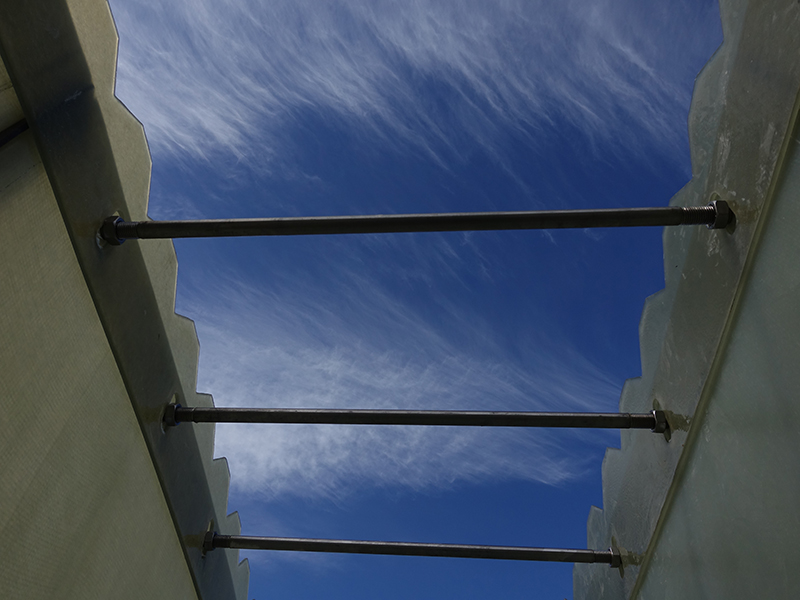
-
 Afrikaans
Afrikaans -
 Albanian
Albanian -
 Amharic
Amharic -
 Arabic
Arabic -
 Armenian
Armenian -
 Azerbaijani
Azerbaijani -
 Basque
Basque -
 Belarusian
Belarusian -
 Bengali
Bengali -
 Bosnian
Bosnian -
 Bulgarian
Bulgarian -
 Catalan
Catalan -
 Cebuano
Cebuano -
 China
China -
 China (Taiwan)
China (Taiwan) -
 Corsican
Corsican -
 Croatian
Croatian -
 Czech
Czech -
 Danish
Danish -
 Dutch
Dutch -
 English
English -
 Esperanto
Esperanto -
 Estonian
Estonian -
 Finnish
Finnish -
 French
French -
 Frisian
Frisian -
 Galician
Galician -
 Georgian
Georgian -
 German
German -
 Greek
Greek -
 Gujarati
Gujarati -
 Haitian Creole
Haitian Creole -
 hausa
hausa -
 hawaiian
hawaiian -
 Hebrew
Hebrew -
 Hindi
Hindi -
 Miao
Miao -
 Hungarian
Hungarian -
 Icelandic
Icelandic -
 igbo
igbo -
 Indonesian
Indonesian -
 irish
irish -
 Italian
Italian -
 Japanese
Japanese -
 Javanese
Javanese -
 Kannada
Kannada -
 kazakh
kazakh -
 Khmer
Khmer -
 Rwandese
Rwandese -
 Korean
Korean -
 Kurdish
Kurdish -
 Kyrgyz
Kyrgyz -
 Lao
Lao -
 Latin
Latin -
 Latvian
Latvian -
 Lithuanian
Lithuanian -
 Luxembourgish
Luxembourgish -
 Macedonian
Macedonian -
 Malgashi
Malgashi -
 Malay
Malay -
 Malayalam
Malayalam -
 Maltese
Maltese -
 Maori
Maori -
 Marathi
Marathi -
 Mongolian
Mongolian -
 Myanmar
Myanmar -
 Nepali
Nepali -
 Norwegian
Norwegian -
 Norwegian
Norwegian -
 Occitan
Occitan -
 Pashto
Pashto -
 Persian
Persian -
 Polish
Polish -
 Portuguese
Portuguese -
 Punjabi
Punjabi -
 Romanian
Romanian -
 Russian
Russian -
 Samoan
Samoan -
 Scottish Gaelic
Scottish Gaelic -
 Serbian
Serbian -
 Sesotho
Sesotho -
 Shona
Shona -
 Sindhi
Sindhi -
 Sinhala
Sinhala -
 Slovak
Slovak -
 Slovenian
Slovenian -
 Somali
Somali -
 Spanish
Spanish -
 Sundanese
Sundanese -
 Swahili
Swahili -
 Swedish
Swedish -
 Tagalog
Tagalog -
 Tajik
Tajik -
 Tamil
Tamil -
 Tatar
Tatar -
 Telugu
Telugu -
 Thai
Thai -
 Turkish
Turkish -
 Turkmen
Turkmen -
 Ukrainian
Ukrainian -
 Urdu
Urdu -
 Uighur
Uighur -
 Uzbek
Uzbek -
 Vietnamese
Vietnamese -
 Welsh
Welsh -
 Bantu
Bantu -
 Yiddish
Yiddish -
 Yoruba
Yoruba -
 Zulu
Zulu
fiberglass vessels and tanks
Fiberglass Vessels and Tanks Benefits, Applications, and Innovations
Fiberglass vessels and tanks have become a cornerstone in various industries, thanks to their unique properties and adaptability. Composed of fiberglass-reinforced plastic (FRP), these structures are crafted by embedding glass fibers in a polymer matrix, providing a blend of strength, durability, and lightweight characteristics. This article will explore the advantages, applications, and recent innovations in fiberglass vessels and tanks.
Advantages of Fiberglass Vessels and Tanks
One of the most significant benefits of fiberglass is its corrosion resistance. Unlike metal tanks that can rust or degrade when exposed to harsh chemicals or environmental conditions, fiberglass remains unaffected, making it an ideal choice for storing corrosive substances such as acids, alkalis, and solvents. Additionally, fiberglass vessels provide superior impermeability, preventing leaks and ensuring the integrity of the stored materials.
Another advantage is the lightweight nature of fiberglass. Compared to traditional materials like steel or concrete, fiberglass is considerably lighter, which simplifies transportation and installation processes. A lighter vessel also requires less robust support structures, which can lead to overall project cost savings.
Fiberglass structures also offer excellent thermal insulation properties. This characteristic is particularly valuable for applications that require temperature control, such as the storage of hot or cold liquids. The insulating properties ensure that the contents maintain their desired temperature, optimizing performance and safety.
Additionally, the versatility in design and manufacturing is noteworthy. Fiberglass can be molded into various shapes and sizes, accommodating a wide range of requirements from simple storage tanks to complex specialized vessels. This feature allows for customized solutions tailored to specific industry demands.
Applications of Fiberglass Vessels and Tanks
fiberglass vessels and tanks

The applications of fiberglass vessels and tanks span numerous sectors. In the chemical industry, they are commonly used for storing chemicals, acids, and wastewater due to their resistance to corrosion. The water treatment industry also employs fiberglass tanks for aeration, sedimentation, and filtration processes.
Agriculture frequently utilizes fiberglass tanks for water storage and irrigation systems. Their lightweight nature allows for easy installation in diverse terrains, while their durability ensures long-term service.
Furthermore, the marine industry has embraced fiberglass for constructing boats, yachts, and other watercraft. The material's resilience to water exposure and its lightweight properties make it ideal for creating vessels that are both efficient and durable.
Innovations in Fiberglass Technology
Recent advancements in fiberglass technology have further enhanced its applications. Innovations have fostered the development of eco-friendly resins made from renewable resources, which help to reduce the environmental impact of fiberglass production. Improved manufacturing techniques have also led to stronger and more resilient fiberglass materials, expanding their use in extreme conditions.
Smart technology integration is another trending innovation. Modern fiberglass tanks can be equipped with sensors that monitor fluid levels, temperature, and pressure, providing real-time data for enhanced operational efficiency. This smart technology ensures proactive maintenance and reduces the risk of equipment failure.
Conclusion
In conclusion, fiberglass vessels and tanks stand out as essential components across various industries. Their corrosion resistance, lightweight design, thermal insulation, and design versatility make them an ideal choice for a multitude of applications. As technology continues to advance, fiberglass materials are set to become even more efficient and environmentally friendly, ensuring their place as a reliable solution in the years to come. Whether for industrial uses, agricultural needs, or marine applications, fiberglass remains a material of choice for professionals seeking durability and performance.
Latest news
-
Exploring the Benefits of Top Hammer Drifter Rods for Enhanced Drilling PerformanceNewsJun.10,2025
-
High-Precision Fiberglass Winding Machine for GRP/FRP Pipe Production – Reliable & Efficient SolutionsNewsJun.10,2025
-
FRP Pipes & Fittings for Shipbuilding - Corrosion-Resistant & LightweightNewsJun.09,2025
-
Premium FRP Flooring Solutions Durable & Slip-ResistantNewsJun.09,2025
-
Premium Fiberglass Rectangular Tanks Durable & Lightweight SolutionNewsJun.09,2025
-
Tapered Drill String Design Guide Durable Performance & UsesNewsJun.09,2025









